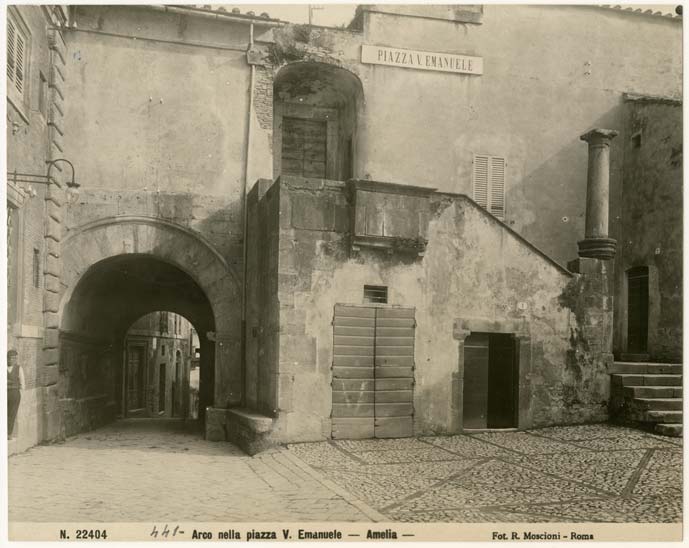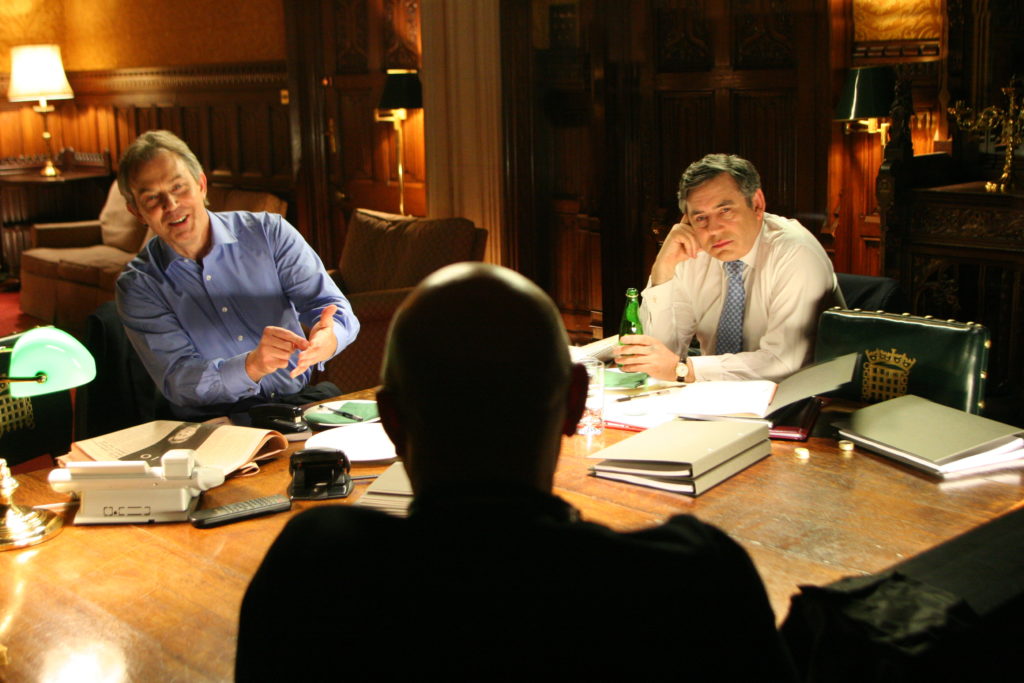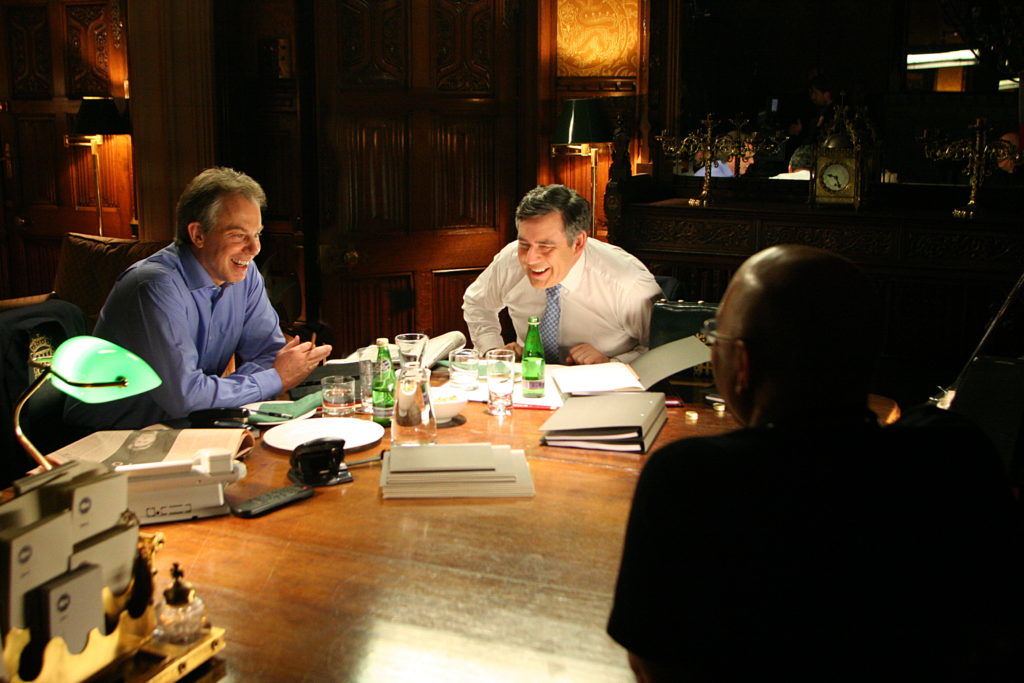(Written circa 2011)

I
As happy as a writer.
Not exactly a well-known phrase or saying.
Because be honest writing is a miserable business.
The curse of carving a career out of perpetual observation
appropriating the experiences of others
harvesting them, refining them, processing them in a kind of unholy inverted transubstantiation
as if process if done with sufficient artistry
could reproduce authenticity, could restore spirit
as if from a bowl of sugar you could derive actual cane, roots ‘n’ all
impossible and yet the brain of the unfortunate
works relentlessly at precisely this pointless pursuit, turning over phrases, rejecting, reworking, chiselling at words.
At night, it is a torture, a mental hum, a cognitive tinnitus, an exhausting nessun dorma
lie on my back, lie on my left, lie on my right, the left is more restful for sure, the door most open to sleep, and isn’t it the recovery position? that has to be good but also my spine I know is tired of that side the weight of me there’s a click low down which has to be wrong, and a dull ache, and a distinct laterality in the day which has to be wrong and lying on the right sorts that
that’s definitely better
except the right is not the right side for sleep in my case, something about the hearing in the left, exposed ear, it turns the volume up it revs the mind up it is not the recovery position and maybe for a reason, there’ll be a reason for that to do with circulation or respiration – one could get up, should get up, now maybe while it’s, look up on the internet but then there are many more important ailments to look up, that lump which is not a lump which is nothing which is nothing on my back which has been there a year now maybe two and ought to have been shown to someone – at least two be honest maybe three – then that other swelling which is nearly nether and certainly never to be spoken about and showing it to someone is not something the thinking of which is conducive to sleep, is the thinking of which a well-known phrase or saying? A hernia not that I’m even going to mention the H-word is an eruption of the gut isn’t it? exploding shamefully from its usual confines, nature’s way surely of punishing excess, disgracing the owner of a bloated belly, in medieval times the belly was torn open, the entrails exposed, drawn out before your very eyes, hard to feel proud of yourself in such circs, you’d feel pretty, well, gutted –
the left side then
calmer
and take the ache
tomorrow I will write.
II
Not the unique province, I know, of the pen and paper profession, but a function of the brain that notices at an early age that it notices
stands apart, looks on, is socially possibly probably definitely inept
yet paradoxically that same brain is supposed to spring forth insights
from that brain are supposed to spring forth
– at night, have you noticed that? the grammar goes –
I gave that up long ago, insight, that pressure, that hope of forthspringing or letting spring forth
insight! ha!
and would settle now for security, the capacity to provide, the comfort of wine and knowing, or hoping to know, that there always will be wine
but regardless of the creative/commercial/insight question, the what-it-is-to-do-this question, some writing must be done so
tomorrow I will write.
III
There are people locked-in with their minds who can only wink imagine that imagine that the unspeakable pardon the pun pain of that peculiar prison
but at least the fuckers can wink
the writer’s particular paralysis blocks even that.
A young writer once came into the office and said of my glass walls how can you work in an office like this a public office like a goldfish bowl with your team around you? she said I won’t mention her name I’ll spare her non-existent blushes she said with genuine wonder what if you want to have a wank? how can you write without having a wank? and I was embarrassed for me for her for all of us for the pathetic act the so-called act of creation which is of course just so much wank
but at least she can wank I’m not sure I could with that unmentionable which I did be honest look up and didn’t like what I looked up when I did but then do you remember Dictionary of Symptoms? A headache bloomed after a moment’s read into an Allenesque tumour tumor tumour
winking or wanking sounds to me a luxury compared to compared with
– remember when AM couldn’t decide on the secret to giving up chocolate or the secret of? best just call it Cigarettes and Chocolate mate –
compared with this lifelong lock-in listening to the ego my God
dignifying its puerile pronouncements, attending to its anxieties
could anyone live with a writer? there should be a club a medal distinguished service and that’s nothing on actually being the writer
living inside the head of the writer sharing that shabby space.
At a party of civilians if there should be one of our kind there
he or she is easy, poor thing, to spot, glowering, suffering, sneering, carting around a lifetime of rejection, nursed grudges, weighed down, weighted down by a payload of Truly Terrible Ideas which can’t in a party situation even formulate themselves into sentences but the rage can the rage can formulate itself the disbelief of the rejection of the TT,I the story of the rejection, the blow by blow, well-rehearsed now, of the first flush of love, the applause, the gasping admiration the TTI received from those facetious phoney fuckers in this branch of the business or that I’ve given up by the way with films/books/telly/the theatre (take your pick) it stinks –
followed, the story inevitably goes, by the phoney fuckers’ silence their avoidance their oh so gentle let downs,
blending into the bitter rancour of agent and recrimination, letters and lawyers
a tip for you my fellow writer: you don’t have to listen to the story you can scope some surreptitious skirt while you grunt sympathetically because it’s the same end always to the narrative there is only one plot for the TTI just don’t think you’re immune part of the nature of the TTI is you can’t see it, it is the lump you cannot feel for all the energy you expend worrying, for every spot you try to poke, this one is the invisible one it is the one you’ll never find it is the silent killer best accept it now best put your foot down best write round it best accelerate past it that’s my philosophy so
tomorrow I will write.
IV
Up at our friends’ house last night a child clearly had designed and coloured in a poster
Happiness Is A Way Of Life Nurture It
and that’s trite sure but true too so do something not this, not this anything but
this
don’t toss and turn with this fucking life choice
banish thought
the pillow is a place for rest not reflection do you think that stuff Regaine (why does my son call it Rogaine so insistently is it called Rogaine in America?) if it gets on the pillow then you roll to the left it will dampen the eye and the cheek and over time hairs will grow grotesquely on the eyelid the upper cheek not that with these lumps or this chronic cacophonic cerebration anyone is going to rest long enough to live long enough to find out
do writers live long? Not Ant. Plater was 70-what? How can I have forgotten already? But even if you gave me more years than I fear I, even if you averaged out all the scripts all the plays, his body of work, to catch him how many words would I have to set down per day in the remaining years if they are years? Impossible.
Those of our kind who do do happy, feted at awards or earnestly revered in talks about the writerly self on radio 4 or at scholarly places where people who are not yet writers (who are not yet lost who are still in love with the sound of their own egos their own succulent sentences and think the whole fucking world will kneel before said succulence) pretend to listen
or even, more rarely than you’d imagine, those of our kind who hold archetypical court with wine and bons mots and the bonhomie of entourage oh yes mais oui
they too retire I reckon I bet I know to the same tortured bed and fret over the one side or the other and placate their angry rising souls with night-time promises:
tomorrow I will write.
V
The times when I Nurture It and plant a grin on my face and do do happy I do I almost feel happy I do almost convince myself it is the real thing
like on the bike through Hyde Park more meandering than cycling to the office all the world is here and, with or without Nikon, essentially at play
I smile like a whatever you can call a lunatic these days like a Christian in love with mankind (not that, you can’t say that and anyway isn’t the untroubled smile exactly the goal?)
especially at the girls hard not to smile at beauty the girls who cling to sour-faced ugly men I never understood that if I were a woman I’d choose other women with whom to congregate beautifully, we would stand together in a field, turning as one to the sun
would my breast in that happy scenario of womanhood feel like a breast or just an inconvenient swelling? would my girl-breasts feel like my man-breasts? that would be cruel the definition of cruel irony ironies are always cruel in the writer’s head but even if I can imagine breast-boredom clinging to a man I cannot understand I would not do
men see a flower they have to pluck it, spoil it.
Not the bike then.
Okay there is a place be honest when it feels within grasp
don’t laugh don’t mock don’t groan it’s
in the pool in Italy
the outrageous undeserved revolting luxury
the slice of true heaven decorated by two hilltop villages there’s beauty for ya, pluck that
alone in there I do I feel alive, in the moment, connected to my limbs, the whole kit and cliched caboodle,
free however fleetingly of this side or that side and
if there were one experience I would share with my brother it would be this
swimming alone in my revolting pool
except you can’t share a solo swim
I’d watch him
sometimes, be honest
/what would a therapist make of this?/
I am him
I feel like I am
him
/they’d have a field day whatever a field day is/
swimming alive alive
strange that
this pumping-heart happiness could be
so close so ironically close so yes cruelly ironically close to its antithesis
to separation from the body
face down, arms out, suspended somehow, weightless somehow, motionless somehow
cicadas drowned out, world drowned out
another me a silent Christlike echo of me rippling on the floor beneath
I am in fact above me, miles from me, more perfectly disconnected from me than ever
in film it is the shot I have always hated most: the top shot the God shot the point of view from nowhere
fake, bleak and I have always thought utterly meaningless
but maybe I’ve missed something all along because
if there were to be that sudden loss of corporeal cabin pressure
that what that rushing in the ears
wouldn’t it be
like this?
airless painless weightless surrender
soul lifted up
to the higher place the better place the other place this place
it would be
something like this
like drowning like
watching yourself drown.
Here’s insight for ya, tap this out in winks:
the place where we are most alive
the place of which we dream, for which we strive
all about the getting there
all about the attainment of wholeness
is also the place from which it is easiest to imagine release
all about the leaving
all about the consecration of separation
body from soul. Arrival permits departure
and we call both station and destination
heaven.
Is it wrong then to indulge to contemplate even for a moment
to relish, even
what seems be honest in that pure baptismal moment to be the possibility of succumbing, just letting go?
To relish the sweet ascension
the uncoupling from weight, from self
to relish the release
from the nagging jarring noise of self
from the waste the shame the pain of self
from the self lying there with the lie
tomorrow I will write?





